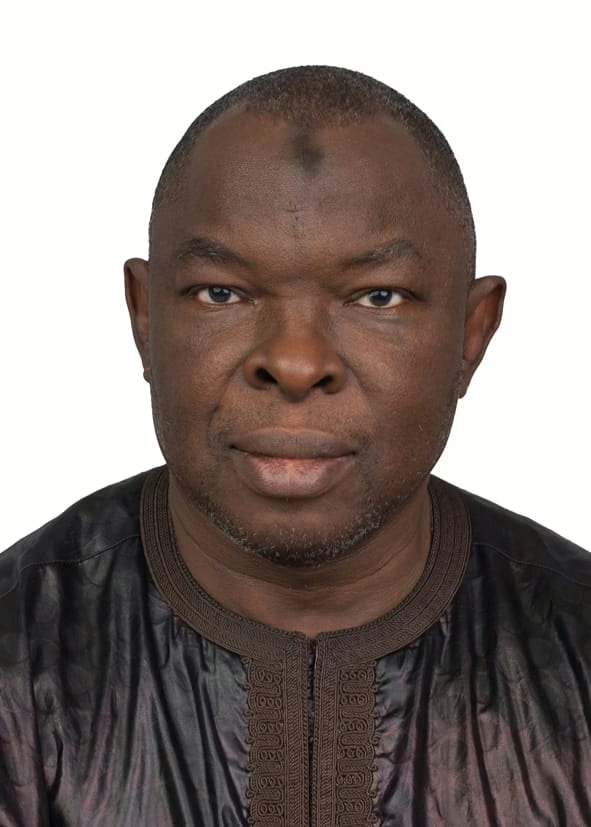Why the Arewa and Northern Political Strategies Are Losing Ground Ahead of 2027
The Northern region of Nigeria, commonly referred to as “Arewa” in Hausa, spans the North-West, North-East, and North-Central geopolitical zones. This vast area is distinguished by its remarkable ethnic, linguistic, religious, and cultural diversity, making it one of the most complex regions in the country. Despite this diversity, Arewa has historically wielded significant political influence. However, since the return to civilian rule in 1999, the once-dominant political stronghold of the North has been steadily eroding.
The Decline of Northern Political Dominance
Over the past two decades, the political landscape in Nigeria has shifted dramatically. The Northern region’s traditional power base has been challenged by emerging political actors and changing voter dynamics. For instance, the 2023 presidential election saw the defeat of prominent Northern candidates, signaling a waning influence of the so-called “Northern card” in national politics. This trend raises critical questions about the future viability of regional political strategies centered on ethnic or geographic identity.
Factors Undermining the Arewa Political Influence
Several elements contribute to the diminishing political clout of the Arewa bloc. Firstly, internal divisions within the region-rooted in ethnic and religious differences-have weakened unified political action. Secondly, the rise of youth activism and increased political awareness across Nigeria has shifted voter priorities towards issues like economic development, security, and governance rather than regional loyalty. Additionally, the proliferation of social media platforms has amplified diverse voices, challenging traditional political narratives.
Looking Ahead: The 2027 Elections and Beyond
As Nigeria approaches the 2027 general elections, it is increasingly clear that reliance on regional identity politics, such as the Arewa or Northern cards, will not guarantee electoral success. Political parties and candidates must adapt by addressing the pressing concerns of Nigerians across all regions. For example, focusing on inclusive policies, economic empowerment, and national unity will resonate more effectively with the electorate.
Recent polling data indicates a growing appetite among Nigerian voters for leaders who prioritize transparency and development over ethnic or regional affiliations. This shift suggests that the political strategies that once secured Northern dominance are becoming obsolete in the face of a more informed and issue-driven electorate.
Conclusion: Embracing a New Political Paradigm
The era of leveraging the Arewa identity as a political advantage is fading. To remain relevant, Northern politicians and stakeholders must embrace a broader, more inclusive approach that transcends ethnic and regional divides. By doing so, they can contribute to a more unified Nigeria and regain political influence through merit and policy-driven leadership rather than traditional regional allegiances.
Ahmed Aminu-Ramatu Yusuf’s analysis highlights the urgent need for political evolution in Nigeria’s North as the country prepares for the pivotal 2027 elections.























0 Comments